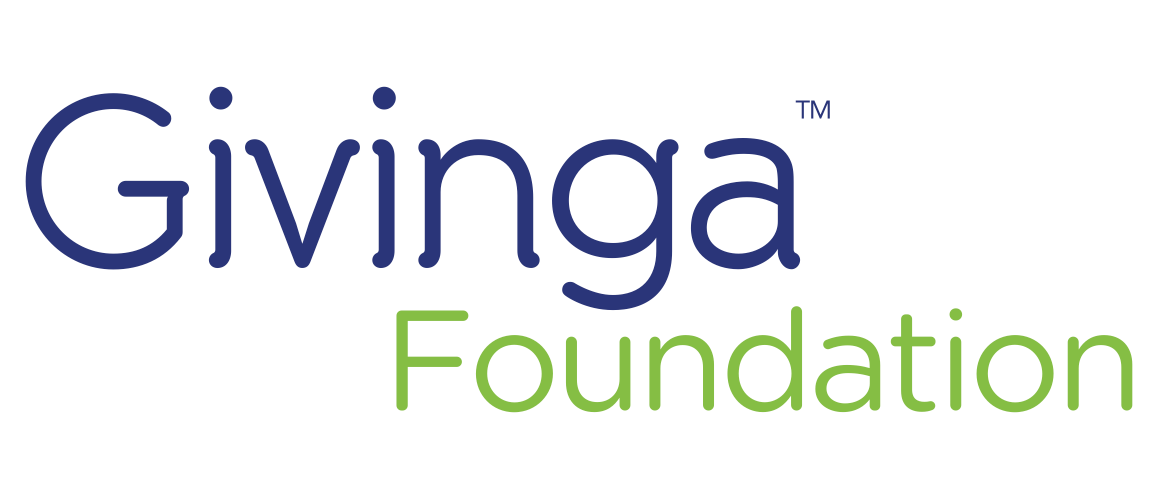
18 Jun Juneteenth: A Historical Legacy and Celebration of Freedom
Here at the Givinga Foundation, we welcome the opportunity to commemorate important causes and highlight associated charities. Each day, we actively strive to highlight charities and connect people to the causes that they are truly passionate about. The purpose of this post is not only to share history but also to demonstrate ways in which individuals can participate and offer their support through charitable giving. With Juneteenth approaching, we want to highlight charities that work to uplift, support, and celebrate Black communities and their history.
Celebrated by African-Americans since the late 19th century, Juneteenth is a holiday that commemorates the end of slavery in the United States. It has now been a little over one hundred and fifty years since the birth of Juneteenth, yet, the United States still continues to deal with pervasive and systemic racism. The summer of 2020 was characterized by the largest protests for racial justice and civil rights in a generation following the deaths of several African Americans in police custody. Thus, as Juneteenth approaches, we recognize that we have the responsibility to take action and drive change as individuals, corporations, and communities. It is also important to note that Black culture, history, and life should be celebrated each day.
Juneteenth specifically marks the day when Union troops and general Gordon Granger arrived in Galveston Texas to announce the end of the Civil War and inform enslaved individuals of their freedom. Juneteenth’s significance lies in the fact that President Abraham Lincoln had previously issued the Emancipation Proclamation more than two and a half years earlier on January 1, 1863. While on paper the Emancipation Proclamation had declared all enslaved individuals in confederate states to be free, this did not translate into reality. This was exemplified by the state of Texas, where the lacking presence of both Union troops and large-scale fighting upheld its reputation as a safe haven for slavery among slaveholders.
Ultimately, this changed on June 19, 1865, with the arrival of Union soldiers and General Gordon Granger in Galveston, Texas. General Granger informed African-Americans of their freedom, thus fully putting the Emancipation Proclamation into effect more than two and a half years after it had been originally issued. While it took some time for this news to reach everyone, Black individuals immediately began to celebrate their newfound freedom, giving rise to Juneteenth. In the following year, freedmen in Texas organized the first annual celebration of Juneteenth, a day now considered a federal holiday. Originally, Juneteenth was celebrated with prayer meetings, spiritual singing, and wearing new clothing in the name of celebrating Black individuals’ newfound freedom. These days, Juneteenth celebrations are typically characterized by prayer services, speeches, and educational events that aim to bring communities together and highlight African American achievements and culture.
Here at the Givinga Foundation and Givinga, we recognize the collective power of driving change. If you have the means to donate, no matter how much or how little, there are several organizations listed below that support the African American community. While the following is by no means an exhaustive list of organizations you can support, we hope it will serve as a starting point if you are unsure where you would like to donate.
American Civil Liberties Union Foundation (ACLU):
The American Civil Liberties Union Foundation works with ACLU on litigation and communication efforts, educating the public and helping protect civil liberties and constitutional rights.
EIN – 136213516
The Black AIDS Institute engages and mobilizes Black institutions and individuals in an effort to end the HIV epidemic in Black communities, ultimately aiming to eradicate systemic oppression that marginalizes Black health.
EIN – 954742741
Black Girls Code Inc works to show that Black girls can code and do much more, using workshops and after-school programs to teach computer coding lessons to young girls from underrepresented communities.
EIN – 454930539
Committed to challenging racial and economic injustice, the Equal Justice Initiative works with Black communities marginalized by poverty and discouraged by racial inequality in the legal system.
EIN – 631135091
NAACP Legal Defense and Education Fund:
The NAACP Legal Defense and Education Fund is a New York-based legal organization that fights for racial justice through legal assistance, structural changes, advocacy, and education.
EIN – 131655255
National Black Child Development Institute (NBCDI):
The National Black Child Development Institute works to engage leaders, policymakers, professionals, and parents around issues of education and advocacy to improve and advance the quality of life for Black children and families.
EIN – 520908178
Southern Poverty Law Center (SPLC):
Known to be a catalyst for racial justice, the Southern Poverty Law Center works with vulnerable communities to advance human rights to all people and to dismantle white supremacy by monitoring and exposing hate groups.
EIN – 630598743
Loveland Foundation Inc focuses on Black women and girls, using resources and initiatives for opportunity, access, validation, and healing – to show up for communities of color.
EIN – 833421375
Thurgood Marshall College Fund:
The Thurgood Marshall College Fund serves as a resource and enables education to nearly 300,000 students attending historically Black colleges and universities and other predominantly Black institutions.
EIN – 411750692


